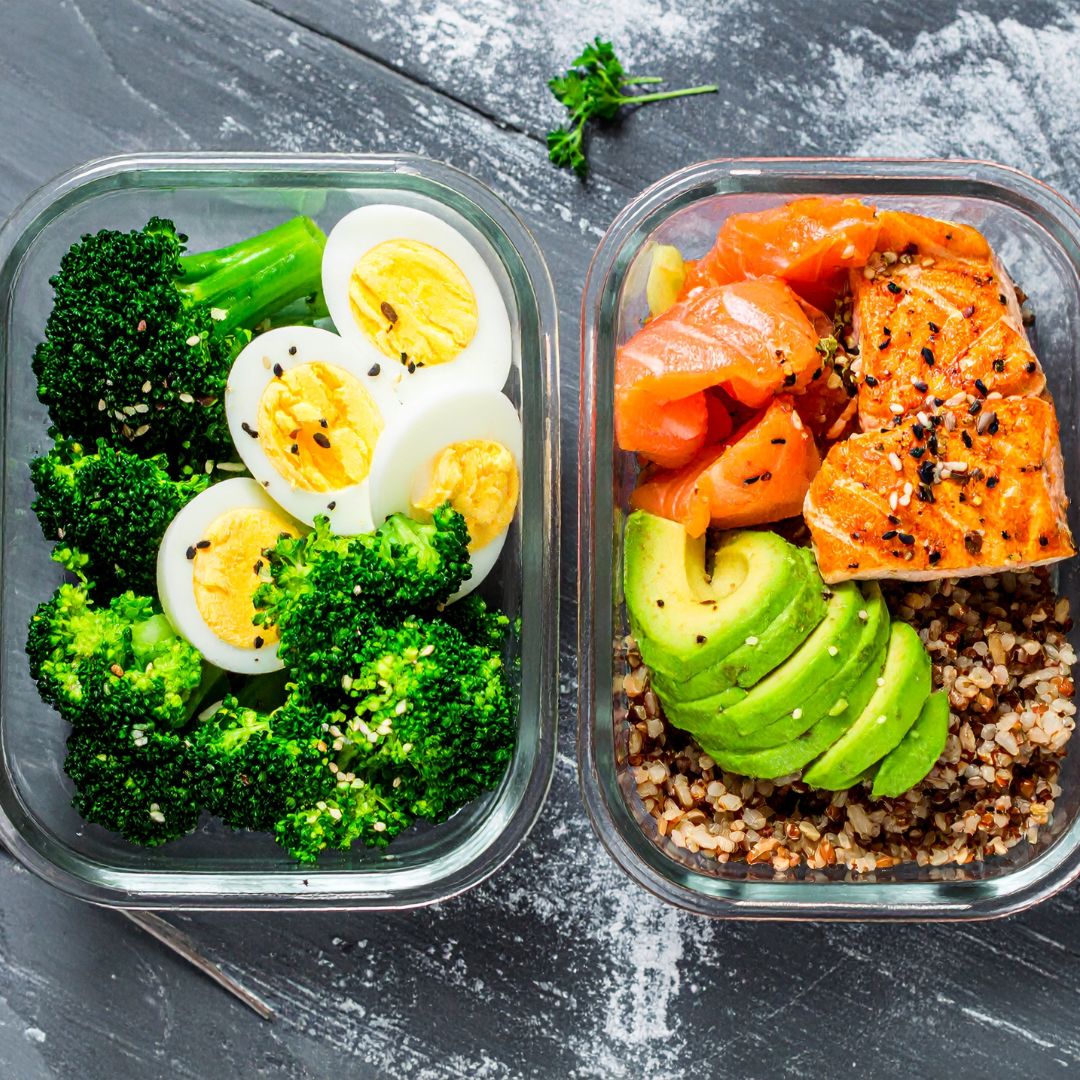
Insulin Resistance and Midlife Weight Gain: Why Blood Sugar Balance Matters
If you feel like you’re doing everything right, but your energy still dips mid-afternoon or the scales won’t budge, insulin resistance could be playing a role. It’s one of the most overlooked factors in midlife weight gain and fatigue, but it’s also one that can respond really well to nutrition and lifestyle changes.
What Is Insulin Resistance?
Insulin is a hormone made by the pancreas that helps move glucose (sugar) from your bloodstream into your cells, where it’s used for energy. Over time, especially when the diet is high in refined or ultra-processed foods, your cells can become less responsive or deaf to insulin’s signal. The pancreas compensates by producing more insulin, but chronically high insulin can encourage fat storage, particularly around the middle, and lead to erratic energy and cravings.
Insulin resistance is increasingly common in our 40s and 50s. It isn’t a disease, but a sign that the body’s metabolism needs support. The earlier it’s addressed, the easier it is to rebalance.
Signs and Symptoms to Watch For
Insulin resistance often develops gradually and can go unnoticed for years. Common indicators include:
These symptoms don’t diagnose insulin resistance but can indicate that your blood sugar regulation needs support. Discuss any concerns with your GP and request appropriate testing if needed.
How Nutrition Can Support Insulin Sensitivity
Nutrition plays a central role in how our cells respond to insulin. Meals that combine protein, fibre and healthy fats slow the release of glucose into the bloodstream, helping to keep energy levels steady and reduce cravings.
For most people, this isn’t about cutting out all carbohydrates, it’s about choosing the right ones. Whole, minimally processed foods with natural fibre and texture support both blood sugar balance and gut health.
Lifestyle factors matter too. Regular movement, particularly strength or resistance training, encourages muscles to absorb glucose more efficiently. Prioritising sleep and managing stress can also prevent the cortisol spikes that make blood sugar harder to control.
If you’d like to explore how these principles apply to midlife, read my related post on Balancing Blood Sugar in Midlife.
Foods That Improve Insulin Response
A few small dietary shifts can have a big impact on insulin sensitivity and overall metabolic health:
A balanced plate might look like grilled salmon with quinoa and broccoli - a simple, nutrient-dense combination that supports steady energy and hormone balance - see image above.
Taking the Next Step
If sugar cravings, fatigue or weight gain feel familiar, it may be time to look beyond willpower and consider what’s might be happening with your blood sugar balance.
Addressing insulin resistance early can transform energy levels, appetite regulation and long-term metabolic health.
You can learn more about building Metabolic Resilience in my post here or book a Blood Sugar Balance Consultation to explore personalised nutrition and lifestyle strategies that work for you.
Disclaimer: This blog is for general educational purposes only and is not a substitute for medical advice. Please consult your GP or healthcare provider before making changes to your diet, supplements or medication.
![]()
Please get in touch and find out more - I offer a free 30-minute exploratory call.